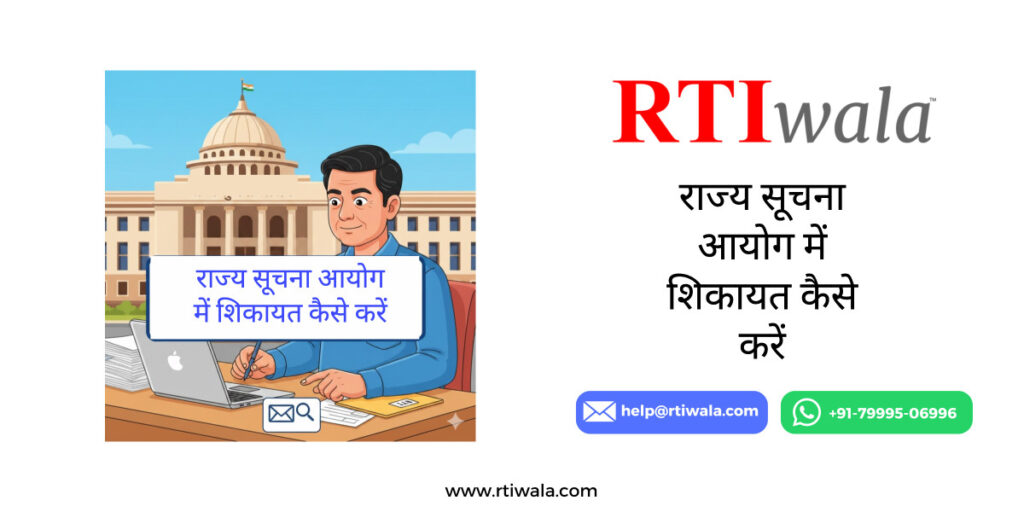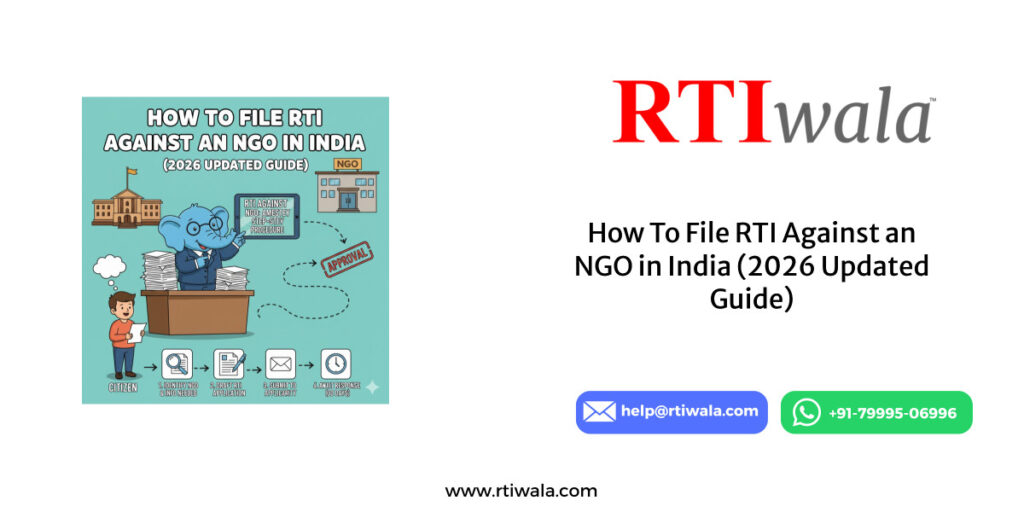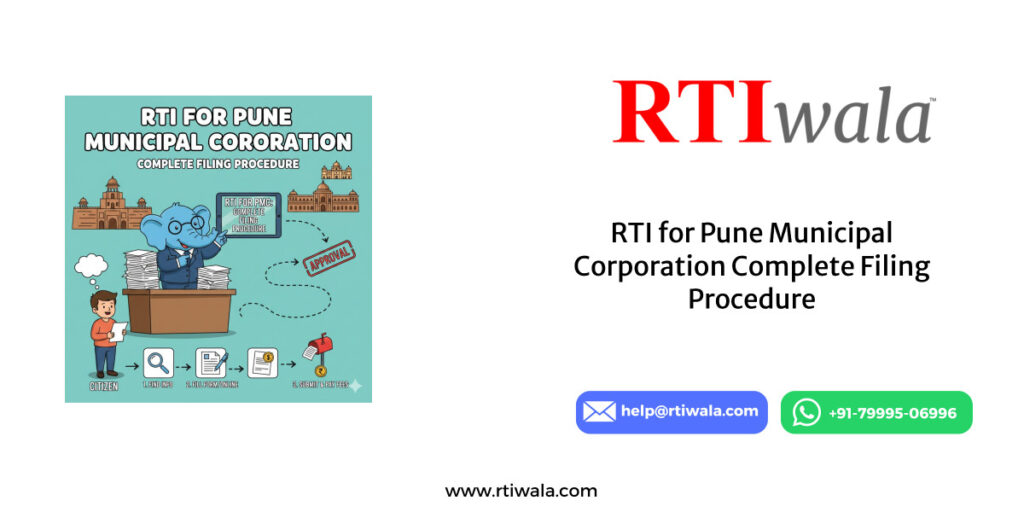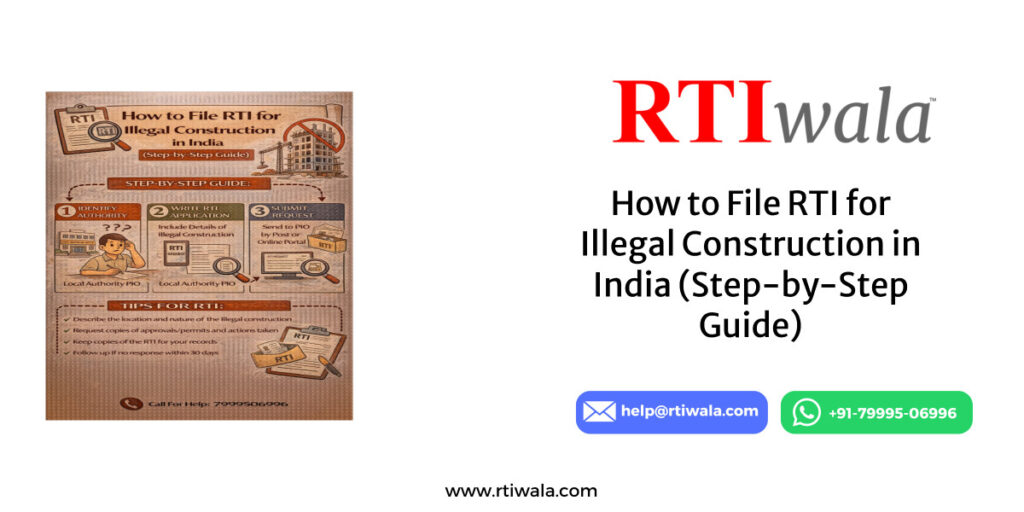Agriculture plays a vital role in India’s economy, and the government provides various subsidies and support programs to assist farmers. However, obtaining accurate information about these subsidies can be challenging due to bureaucracy and lack of transparency. This is where the Right to Information (RTI) Act comes into play. By filing an RTI, you can access essential details about agricultural subsidies and support programs, ensuring that these benefits reach the intended beneficiaries.
In this article, we’ll guide you on how to file an RTI for accessing information on agricultural subsidies and support programs. We’ll also explain how RTIwala can assist you throughout the process, making it easier for you to get the information you need.
Table of Contents
- Introduction to Agricultural Subsidies and Support Programs
- Understanding the RTI Act and Its Importance
- How to File an RTI for Agricultural Subsidies
- How RTIwala Can Help You in Filing RTI
- Common Challenges and How to Overcome Them
- Examples of Successful RTI Applications
- FAQs
- Conclusion
Introduction to Agricultural Subsidies and Support Programs
Agricultural subsidies and support programs are financial aids provided by the government to support farmers. These subsidies may include price support, input subsidies (like fertilizers, seeds, and irrigation), and crop insurance schemes. These programs are designed to make farming more sustainable and profitable, ensuring food security for the country.
Despite the availability of these subsidies, many farmers are unaware of how to access them or whether they are being implemented effectively. Filing an RTI can help you obtain detailed information from the government about these subsidies, helping to ensure transparency and fairness in their distribution.
Understanding the RTI Act and Its Importance
The Right to Information (RTI) Act, 2005, is a powerful tool that empowers citizens to seek information from public authorities. This act plays a crucial role in promoting transparency and accountability in government operations. When it comes to agricultural subsidies and support programs, the RTI Act allows you to request specific information about how these funds are being utilized, who is benefiting from them, and the criteria for their distribution.
For instance, if you believe that subsidies meant for farmers in your area are not being distributed fairly, you can file an RTI to access the relevant records and gain a better understanding of the situation.
How to File an RTI for Agricultural Subsidies
Filing an RTI for information on agricultural subsidies and support programs is a relatively simple process. Here’s how you can do it:
- Identify the Information You Need: Be clear about the specific information you want. For example, you might seek details about the allocation of fertilizer subsidies in your district or the list of beneficiaries for a particular crop insurance scheme.
- Draft the RTI Application: Write a concise application stating the exact information you are seeking. Mention the relevant departments or schemes you are inquiring about.
- Submit the Application: You can submit your RTI application either online or offline. For online submissions, visit the RTIwala and follow the instructions. For offline submissions, send your application via post to the concerned Public Information Officer (PIO).
- Pay the Fee: A nominal fee is required to file an RTI. This can be paid online or through a postal order for offline applications.
- Wait for the Response: The concerned department is required to respond to your RTI request within 30 days. If the information is not provided, you can file an appeal.
How RTIwala Can Help You in Filing RTI
Filing an RTI might seem straightforward, but it can be daunting for those unfamiliar with the process. RTIwala is here to simplify this for you. Here’s how RTIwala can assist:
- Expert Guidance: RTIwala offers expert advice on drafting your RTI application, ensuring that your request is clear, precise, and likely to receive a Best response.
- End-to-End Assistance: From drafting to submission, RTIwala handles the entire RTI filing process on your behalf, saving you time and effort.
- Online Submission: If you’re unfamiliar with the online RTI filing process, RTIwala will take care of it for you, ensuring that your application is submitted correctly.
- Follow-Up and Appeals: If your RTI request doesn’t receive a response or if the information provided is incomplete, RTIwala assists with follow-ups and filing appeals to ensure you get the information you need.
By using RTIwala solutions, you can be confident that your RTI application will be handled professionally, increasing your chances of obtaining the desired information.
Common Challenges and How to Overcome Them
Even though filing an RTI is generally straightforward, there are some challenges you might face:
- Delayed Responses: Sometimes, departments delay providing the requested information. In such cases, you have the right to file an appeal.
- Incomplete Information: You might receive partial information that doesn’t fully answer your query. Filing another RTI or an appeal might be necessary.
- Denial of Information: Public authorities may sometimes refuse to provide the requested information. However, the RTI Act allows you to appeal such decisions.
RTIwala can help you navigate these challenges by providing expert assistance and support throughout the RTI process.
Examples of Successful RTI Applications
Here are some examples of how RTI has been used to access information on agricultural subsidies:
- Case Study 1: A farmer in Gujarat filed an RTI to obtain information about the distribution of fertilizers in his district. The information revealed discrepancies, leading to corrective action by the authorities.
- Case Study 2: An NGO used RTI to uncover details about the allocation of funds under a crop insurance scheme. The information helped identify areas where funds were not reaching the intended beneficiaries.
These examples highlight how RTI can be a powerful tool in ensuring transparency and accountability in government programs.
FAQs
- Q1: Can I file an RTI online for agricultural subsidies?
A: Yes, you can file an RTI online through the RTIwala website. - Q2: What information can I request through RTI?
A: You can request any information related to agricultural subsidies, including fund allocation, beneficiary lists, and implementation reports. - Q3: What should I do if I don’t receive a response to my RTI request?
A: If you don’t receive a response within 30 days, you can file an appeal with the designated appellate authority. - Q4: How can RTIwala assist me in filing an RTI?
A: RTIwala offers expert guidance, end-to-end assistance, and support in filing RTIs, ensuring that your request is properly handled and followed up on. - Q5: What are the fees for filing an RTI?
A: There is nomianl fee for RTI , which can be paid online or via postal order.
Conclusion
Filing an RTI for information on agricultural subsidies and support programs is an effective way to ensure that these benefits reach the intended recipients. By following the steps outlined in this guide, you can access the information you need to hold authorities accountable. Remember, if you need assistance, RTIwala is here to help you navigate the RTI process smoothly and efficiently.






















































